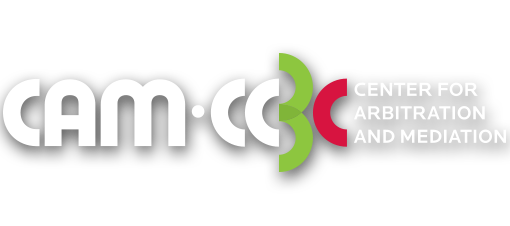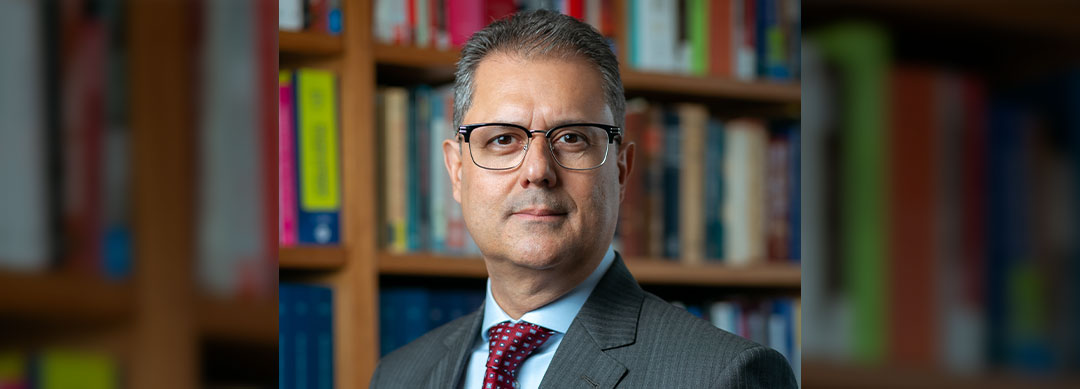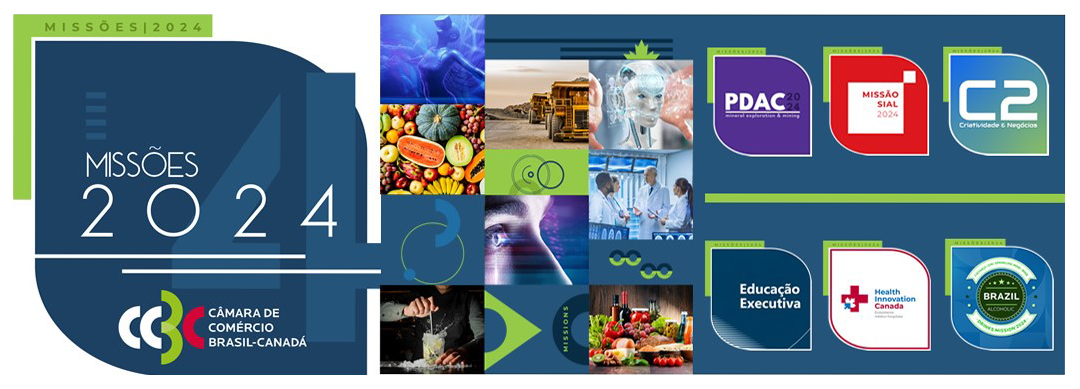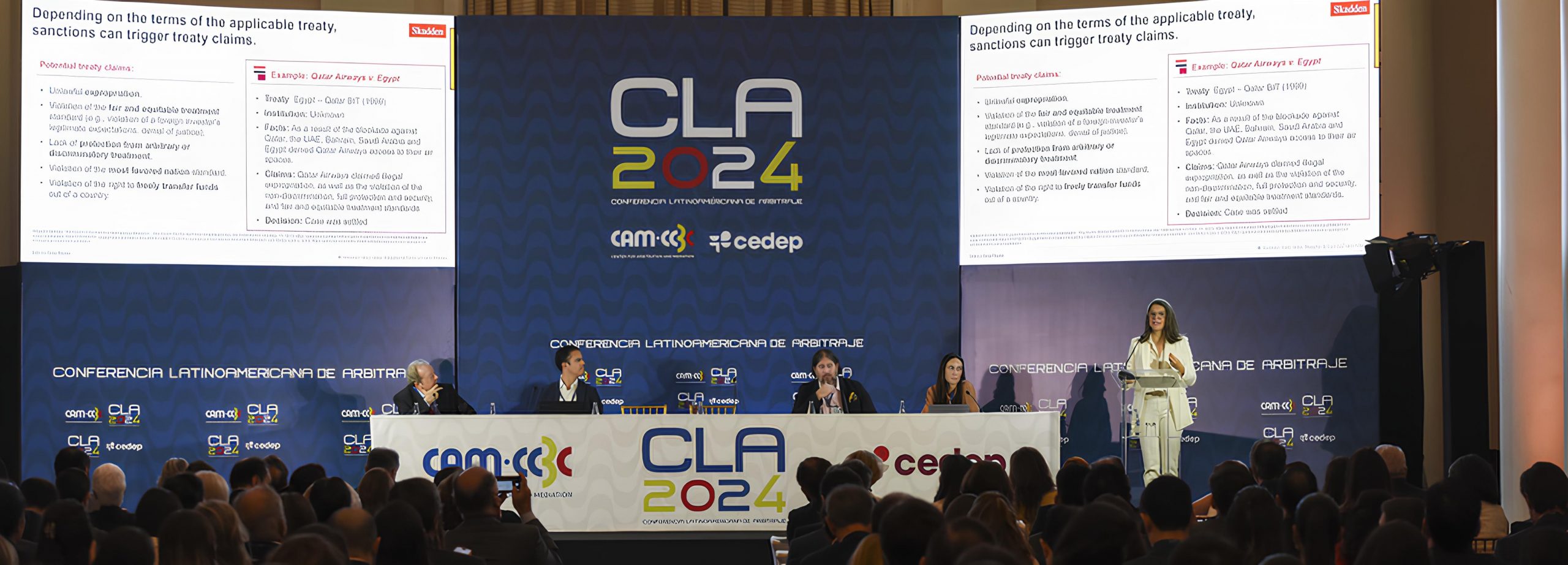Celebrating its twenty years of existence, FGV Direito Rio is launching a book in which it addresses the bases that guide the work of the institution and its vision for the future
By Sérgio Siscaro
Far from the old recitation of laws and precedents, Law has been modernizing to keep up with the dynamics of society – which is more internationalized and more technologically connected than it was a few decades ago. The recently launched book Pensando a realidade para formar o Futuro (Thinking about reality to shape the future), by FGV Direito Rio (Law School), seeks to map out this new reality by bringing texts that relate the new universe of legal practice to the institution’s trajectory – which celebrated its 20th anniversary in 2022.
Focused on innovation and the internationalization of Law, the school has promoted closer ties with 54 institutions from 22 countries – including Canada, through a partnership with McGill University in Montreal, with which it has had a partnership since 2014.
Sérgio Guerra, director of FGV Direito Rio, visiting researcher at Yale Law School and organizer of the book, spoke to the CCBC Newsletter about the publication, the current moment experienced by the institution, and trends in the field of law. Below are excerpts from the interview:
CCBC Newsletter: How did the initiative to launch the book come about?
Sérgio Guerra: The mission of FGV Direito Rio is to forge leaders in the legal area and, in this way, contribute to the social and economic development of the country. As we completed 20 years of existence this year, we thought of the book as a way to show society our current state of institutional maturity, and our role in the Brazilian legal environment. The book brings the internal debate held with our full-time professionals and with Professor Roberto Mangabeira Unger, who two decades ago participated in the elaboration of the school’s institutional design. This dialogue reflects our focus on applied research, which seeks to think about the Brazilian reality based on concrete data, and on being a global institution that is also oriented to the world.
CCBC Newsletter: This look shows an important evolution in the way the culture of legal education has developed in our country. Is it possible to glimpse where this route will lead FGV Direito Rio in the future?
Sérgio Guerra: In our business plan we work with a ten-year horizon. We have already changed the undergraduate curriculum three times in our twenty years of operation. The legal answers are completely different from what we had in the past, when attention was focused on learning classical doctrines and theories, imported mainly from France. Today, subjects such as technology, computer programming, and statistics are addressed. If we do not work with Law in a more contemporary way, it is not possible to face the challenges that reality imposes. For this reason, we consider ourselves not a better choice than the others, but a different school. This permanent mutation of FGV Direito Rio is necessary because we cannot remain plastered to the classical categories of Law and teaching.
CCBC Newsletter: In other words, there is a need to constantly adapt to the demands of society.
Sérgio Guerra: Yes, the most valuable companies in the world today are those that handle data. Data deals with a number of legal categories that we are not used to in law – such as the right to digital privacy, exercise of citizenship through social networks, new labor relations, and so on. For this reason, all the legal categories of the past have to be revisited, under a disruptive look. If reality changes, law schools must also change.
CCBC Newsletter: At the Chamber of Commerce Brazil-Canada (CCBC), we are often faced with the need to explain the legal differences and peculiarities of Brazil to Canadians, and vice versa. Does this trend towards internationalization and the use of new technologies tend to lead to a global convergence of practices and understandings?
Sérgio Guerra: I agree with your point. Somehow, practices once relegated to certain jurisdictions, countries, or models, are coming together. There is a convergence and today, wherever you are, there are legal categories that are used indiscriminately. Nowadays we talk about a global administrative law. It is something similar to what happens in the international financial system: if each country adopted its own system, communication between international financial institutions would not be possible. Or in civil aviation, where, thanks to international regulation, it is possible to move aircraft between different countries.
Today, hard laws, that is, the written laws of a given country, are now accompanied by soft laws, which are more flexible guidelines that are indispensable for countries and companies to be part of the global game. There is thus a change – from the idea of imperative rules within a local sovereignty to a true international, non-state public law. This significantly changes the way lawyers are trained and also the way companies operate worldwide.
In this scenario, other tools are needed, such as arbitration and mediation. This is what the CAM-CCBC does, an important institution in the field of alternative dispute resolution. Studying these tools has become mandatory in law courses – although some schools still do not. At FGV Direito Rio, arbitration is a mandatory subject, as is mediation. And also the soft skills required to better prepare students, and interdisciplinary topics, such as data analysis. These are subjects that in the past were not included in the curriculum of law courses.
CCBC Newsletter: How do you evaluate the year 2022 for FGV Direito Rio?
Sérgio Guerra: This year, as we complete two decades, we have reached the main point of our business plan initiated five years ago. One example of this was the creation of thematic groups and specialized committees on issues that need to be better understood in order to develop the business environment in Brazil. Five of these committees are allocated in our Regulation in Numbers initiative, and another five are to be created next year.
The idea of these committees is to bring together specialists in each area, important players, executives, regulators, government representatives, major law firms and service providers, and promote meetings to discuss how the sector can be improved. An example is the committee that debates airport infrastructure; from the meetings, we can produce research, studies, white papers, or promote events, nationally and internationally – and also bring our undergraduate and graduate students. This is the way in which FGV Direito Rio applies in practice what it researches, bringing Brazilian reality into the school.
Another highlight of the year was our focus on internationalization. Today 30% of our curriculum is composed of courses in English. We receive international guests, fellows who come from other parts of the world, and we exchange information with them. This flow makes it possible for our students to interact with international practices.
Finally, we also had field projects done with a wide variety of institutions – such as the Brazilian Symphony Orchestra. This leads students to get to know how the business plan and legal issues work in a direct way – whether in a community, a large public institution, or in disputes in Moots [international arbitration competitions]. This contact with reality generates a great integration, and everyone wins.
For all this to be accomplished, FGV Direito Rio is very concerned with quality – we are ISO 9001 certified, and we care about being a premium school. We also have a diversity and inclusion program, which makes it possible to grant scholarships to students who cannot afford to attend the school, or belong to minority groups. Finally, we have an Ethics Council, currently led by the acting president of the Federal Audit Court (TCU), Minister Bruno Dantas, which reflects our concern that students act not only in a diverse environment, but also one that is guided by respect for ethics.
Those interested in acquiring the book Pensando a realidade para formar o futuro can contact FGV Direito Rio at [email protected].





